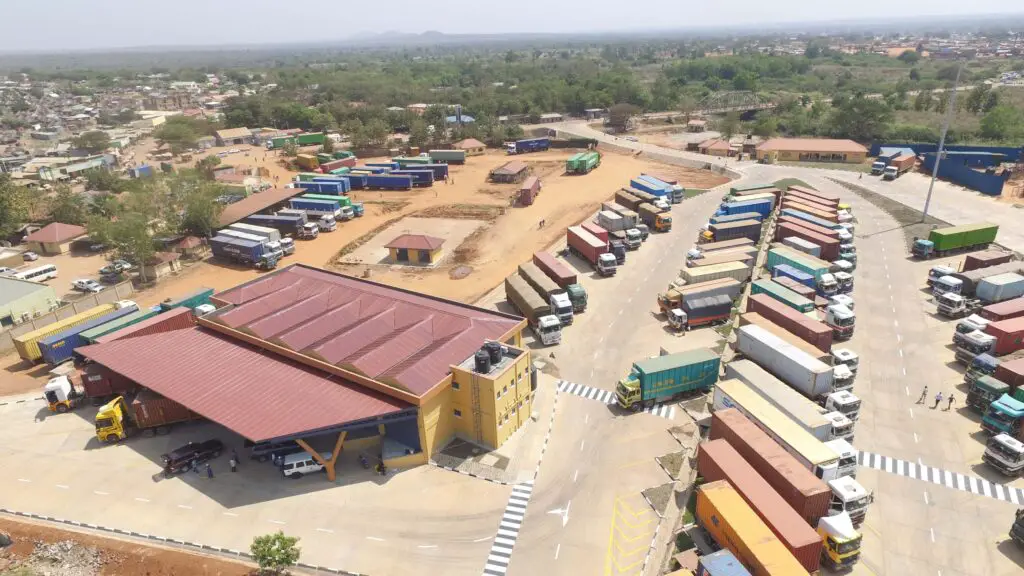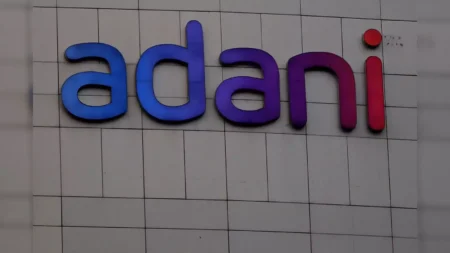- TradeMark East Africa has rebranded to TradeMark Africa (TMA) and simultaneously officially launched its West Africa operations
- The organisation now has a presence in fourteen countries in sub-Saharan Africa (SSA), including Kenya, Uganda, Tanzania, Rwanda, Burundi, Malawi, Zambia, Mozambique, and Ghana
- TradeMark has made cumulative investments of over $1.3 billion since 2010 to reduce the time and costs of trading across borders, and to improve the export competitiveness of African businesses
TradeMark East Africa has rebranded to TradeMark Africa (TMA) and simultaneously officially launched its West Africa operations.
Founded in 2010 in Kenya, TMA marks an expansion from its previous core operational area of East Africa and the Horn of Africa to also support countries in West and Southern Africa.
TradeMark Africa now has a presence in fourteen countries in sub-Saharan Africa (SSA): Kenya, Uganda, Tanzania, Rwanda, Burundi, the Democratic Republic of Congo (DRC), South Sudan, Ethiopia, Somaliland, Djibouti, Malawi, Zambia, Mozambique, and Ghana.
The aid for trade organisation said it has to date made cumulative investments of over $1.3 billion in East Africa and the Horn of Africa to reduce the time and costs of trading across borders, and to improve the export competitiveness of African businesses. These have, among other results, slashed the time for traders to cross borders – by 70% on average; and for businesses to receive certification – often from many days to a number of hours. Its programmes have contributed to a 16.5% reduction in the total time it takes to transport a container on the Northern Corridor from Kenya’s Mombasa Port to Bujumbura, Burundi.
TradeMark to support AfCFTA
As part of the pivot to West Africa, TradeMark Africa will support the Secretariat of the African Continental Free Trade Area (AfCFTA), based in Accra, Ghana, to realise its vision of integrating the $3.4 trillion African market.
TradeMark Africa will also work with regional economic communities (RECs), such as the Economic Community of West African States (ECOWAS), to boost regional economic integration and accelerate trade. Further, it will work with Member States to ensure Governments and businesses benefit practically from the opportunities presented by these shifts – in particular along the Lagos-Abidjan corridor. The successful implementation of the AfCFTA is predicted to boost incomes in Africa by $450 billion by 2030.
Read: Global trade marks $28.5 trillion in 2021, but not likely in 2022
At the same time, TradeMark Africa announced that its new strategy would build on and scale up on its core strengths, to focus on facilitating the development of digital and green trade corridors, to position Africa as a partner of choice for global off takers; as well as promoting inclusive trade that drives down poverty levels and ensures that vulnerable groups are more integrated in trading systems.
TradeMark Africa’s Board Chairman, Erastus Mwencha, noted that a continental approach gives TMA an important opportunity to expand its impactful programming progressively while supporting the aspirations of AfCFTA to unleash the immense impact that free trade in high-value products exists in Africa.
“Our key aim remains trade facilitation, just like we have always done in the last 12 years in the East and Horn of Africa region, where we were founded and have had great milestones in our programmes.”
TradeMark Africa’s Chief Executive Officer, David Beer added that they believe that combining a regional and national approach has always been part of their comparative advantage.
“With our expanded scope, we are excited now to harness the critical continental dimension to drive faster growth in trade volumes and to support linkages between regions. TMA’s focus on reducing the barriers to trade and improving business competitiveness will also be a core element of tackling the trade challenges of the future as we pivot towards creating green trade corridors and enhancing regional food security.”
Construction of One-stop border posts
Some of TradeMark Africa successes in the last 12 years include the construction and operationalisation of 15 One Stop Border Posts (OSBPs) across East Africa, which have reduced the time taken to cross select borders by up to 89% in some cases.
Moreover, TradeMark Africa has supported the implementation of 60 Single Window Information for Trade (SWIFT) Systems in multiple Government agencies, thus reducing the time and cost of acquiring trade documents.
It has also supported over 200,000 women cross-border traders and small and medium enterprises.
TMEA to finance construction of Mbaraki-Nyerere Road











